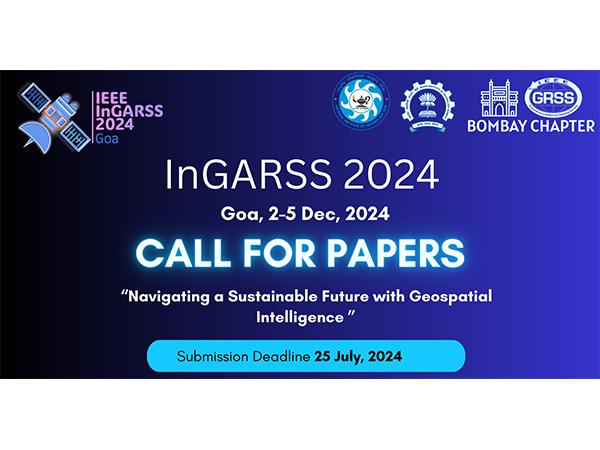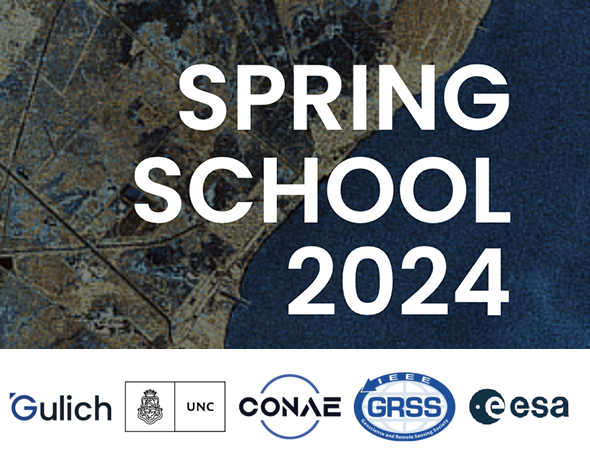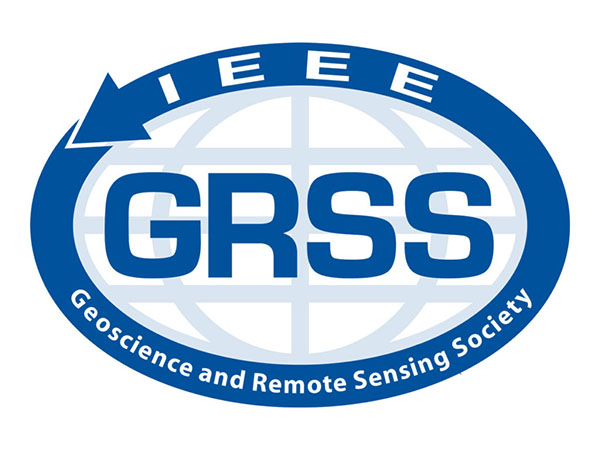Wednesday, October 14, 2020
12PM US Eastern Time
Speakers:
Daniel Hogan, In-Q-Tel, USA
Adam Van Etten, In-Q-Tel, USA
Christyn Zehnder, In-Q-Tel, USA
Sponsored by GRSS

SpaceNet: Building an Open Source Analytics Ecosystem for Geospatial Applications
There has been exponential growth in computer vision research focused on deep learning techniques. The significant advances in image classification, object detection, and image segmentation have profound implications for a wide variety of geospatial applications, including foundational mapping. SpaceNet LLC, a nonprofit organization dedicated to accelerating open source, applied computer vision research, have striven to direct more research and development towards remote sensing applications. Since its informal launch in 2016, SpaceNet has labeled and open sourced over 26,000 km2 of satellite imagery and synthetic aperture radar (SAR) data, structured and hosted six public data science challenges, and open sourced 28 deep learning algorithms from the challenges. It is planning to launch its seventh public challenge in August featuring a deep time series dataset. In this talk, members from SpaceNet will provide an overview of their previous work, a deep dive into some of the key findings from recent challenges, and discussion about emerging trends in the computer vision and geospatial domains.
SpaceNet is co-founded and managed by In-Q-Tel’s CosmiQ in coordination with its co-founder Maxar Technologies and the other SpaceNet Partners: Amazon Web Services (AWS), Capella Space, TopCoder, the Institute of Electrical and Electronics Engineers (IEEE) Geoscience and Remote Sensing Society (GRSS), the National Geospatial-Intelligence Agency (NGA), and Planet. All of the datasets, code, papers, and evaluations are available at www.spacenet.ai.
SPEAKER’S BIO:

Daniel’s work focuses on data requirements for geospatial machine learning to better understand how much training data is really needed for different performance levels under various conditions. Recently, Daniel has started exploring the use of deep learning for interpreting synthetic aperture radar imagery.
Originally from the Kansas City area, Daniel earned bachelor’s degrees in physics and mathematics from the University of Kansas, coauthoring papers in astroparticle physics, accelerator-based particle physics, and astrobiology. Subsequently, he earned a Ph.D. from the University of California, Berkeley, where he analyzed data from the LUX dark matter experiment. Following an Insight Data Science Fellowship in Boston, Daniel joined CosmiQ Works in February 2019.

Adam is the Director of Research at CosmiQ Works. He applies machine learning and computer vision techniques to satellite imaging data, focusing on problems of interest to the U.S. government. Adam also helps run the SpaceNet initiative and focuses on researching rapid computer vision techniques that readily scale to the enormous sizes of satellite imagery corpora. Prior to joining CosmiQ Works, Adam was a Data Scientist for Data Tactics working at DARPA headquarters developing tools and scalable algorithms for big data analysis on a variety of projects. Adam received his Ph.D. in physics from Stanford University and bachelor’s in physics and astronomy from the University of Washington.

Christyn is the Director for Marketing & Communications at In-Q-Tel. She lead, designs, and implements company communication materials including corporate brochures, flyers, executive presentations, case studies, and internal initiatives. She has also launched new company podcasts, “Training_Data” and the “IQT Podcast”, serving as content creator and producer, providing post-production edits, and creating and implementing a marketing posting strategy. She has a Masters in Public Relations from Boston University.



























